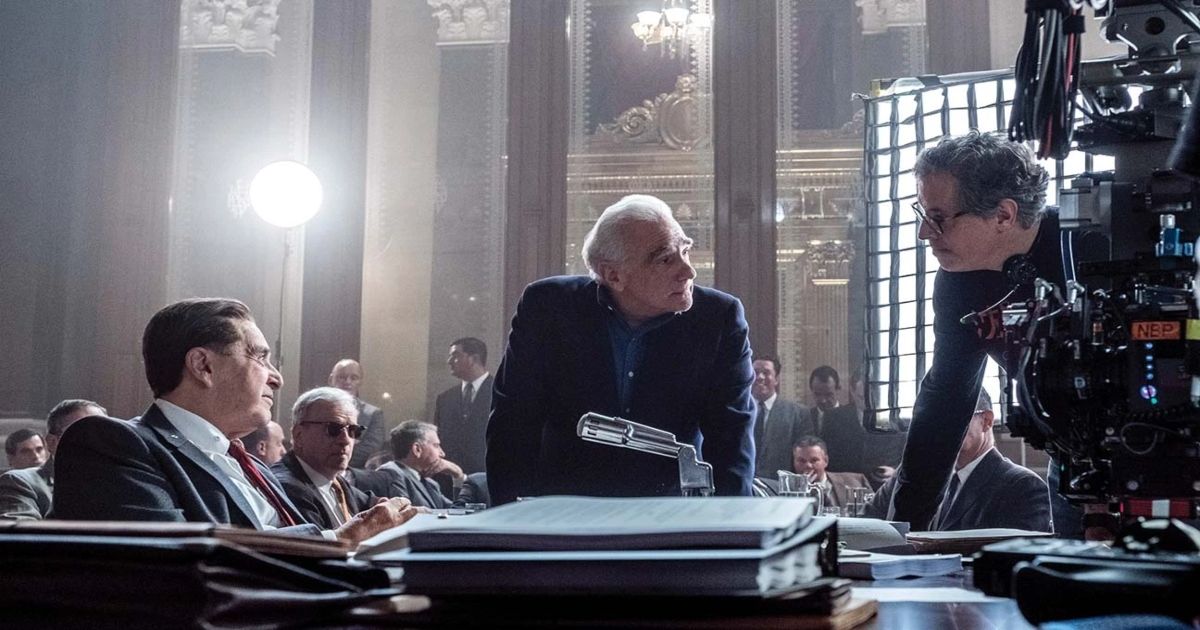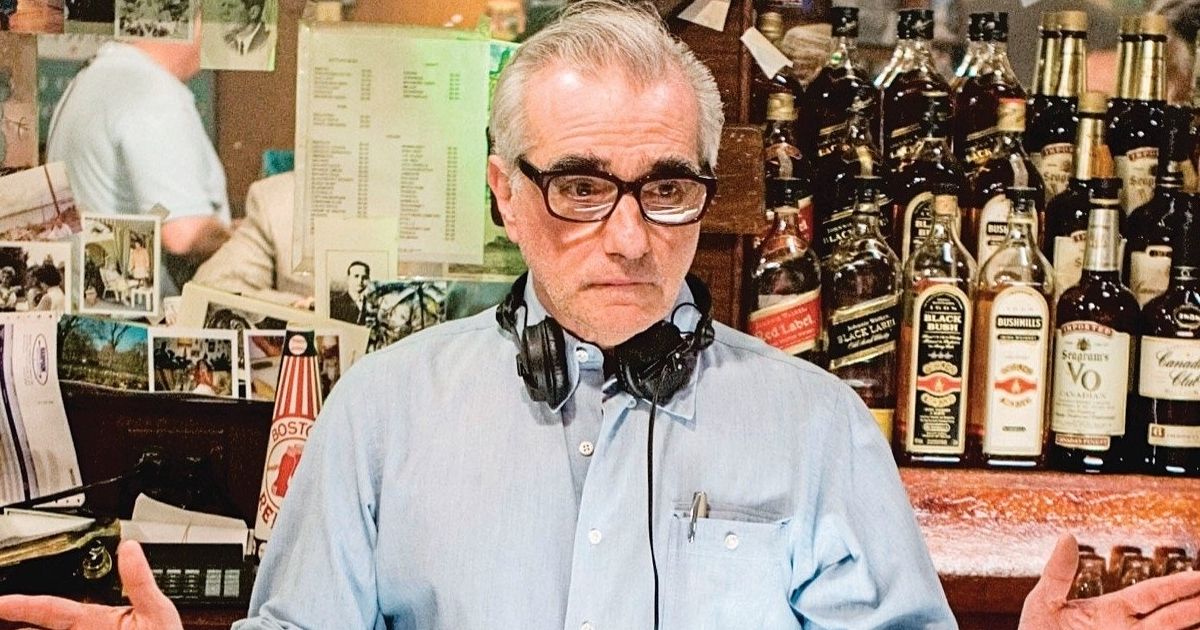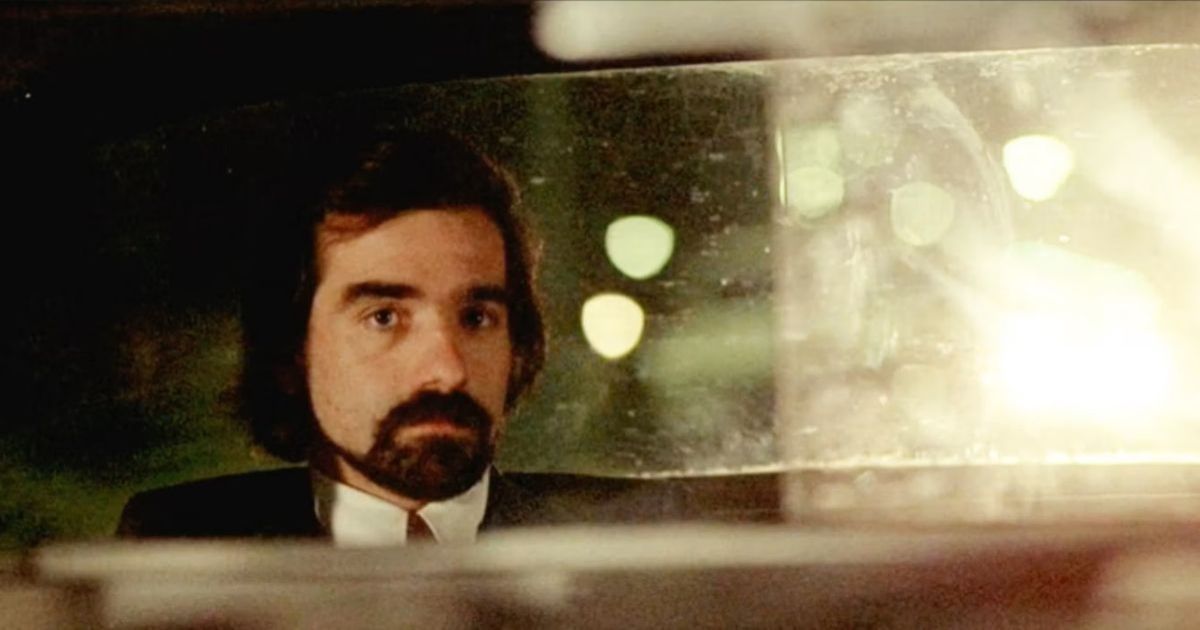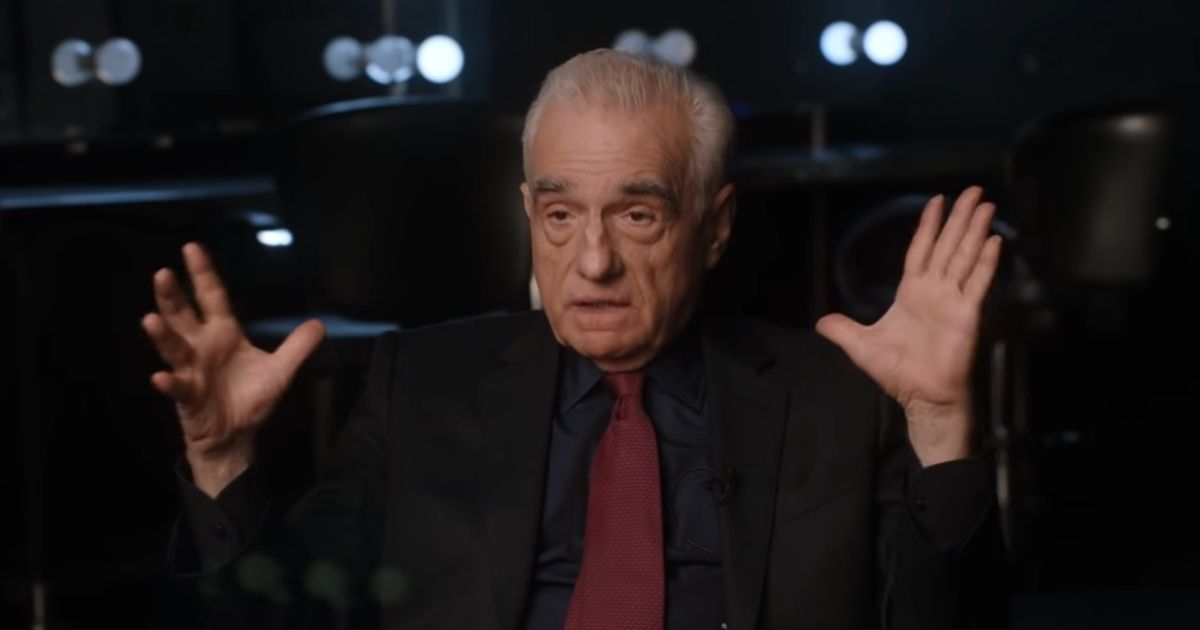When thinking about the great directors of Hollywood films, there are few names that command as much respect as Martin Scorsese. With a career spanning more than 50 years, and a portfolio of some of the greatest films ever produced, Scorsese is a man who knows and understands cinema in a way that cannot be replicated. To say that his work is influential is an understatement.
That being said, Scorsese has been highly critical of the current array of big budget superhero films currently dominating theaters. In an interview for Empire, the acclaimed director compared comic book movies to theme parks, going so far as to state that they are not cinema. These comments drew criticism from fans and the industry alike, with several directors, including James Gunn, firing back with their own rebuttals. With such an outlook on the genre, though, perhaps Mr. Scorsese should leverage his talents to correct what he sees on screen by directing a superhero film himself.
The State of Cinema
In an opinion piece for The New York Times, Scorsese clarified his points about superhero films. One of the key points against them were the predictable and recycled nature of every piece that is produced — and he has a point. Disney's MCU has produced dozens of films and tie in television series on Disney+, generating billions of dollars, and dominating movie theaters everywhere. However, the films have become stagnant with their dominance. Rather than taking the chances necessary to tell a compelling story, the various studios that produce superhero films are focused on the marketability of each franchise. The hero cannot be unlikable, and certainly cannot perish in a film that is meant to tie in to future projects. These stories are not meant to truly explore the characters and the situations they are in as much as they are meant to set up the next big crossover event, and that robs each film of any kind of risk or suspense.
This is particularly problematic, as there are fewer and fewer alternatives coming to theaters. At any given time, the majority of films at a local theater are likely to be franchise features, simply because those are the popular options. This, in turn, makes more artistically-created films less marketable for traditional theaters, and consequently makes it more difficult for directors of that type of cinema to pitch their ideas to major studios. This market dominance is great for the studios that make the films, but is less than ideal for filmmakers with a less franchised vision to explore.
These are all points that Scorsese has touched on, and points that are all correct. The popular franchises are meant to be big, crowd pleasing features that are designed to get audiences to keep coming back over and over again. A true character focus, where the hero may not win, or may have to compromise their values in order to win, does not fit this model. What is left is pure spectacle, two hours of special effects, clever dialogue, and people in costumes fighting each other, with the stars of other movies dipping in to remind the audience that there is a big crossover coming for them to spend their money on. When it's described this way, it's easy to see the point in calling them "theme park rides" rather than cinema.
What Scorsese Can Bring
Scorsese is an award-winning director with a passion for cinema. His films often delve into the human condition in visceral ways, exploring the complicated struggle that every character faces. There is no hard line between good and evil, and doing the right thing is often much more difficult in these narratives. Over the course of each film, the characters face parts of themselves that they must overcome, and earn their triumphs and falls in ways that are both realistic and satisfying.
Comic book heroes, like characters featured in any medium, often find themselves placed in similar situations, albeit with more extraordinary challenges. There have been numerous comic stories that have delved into the struggle for certain heroes to continue acting in a heroic way, or having their methods go too far. Some costumed characters even toe the line between hero and villain, having to constantly justify their actions to themselves and the audience. Scorsese's approach to cinematic morality would be a great fit for just such a character and story, bringing the film to a complicated and dark place in a way that the current lineup is unwilling to.
Many characters in superhero movies, as has been mentioned, will shed their more complicated traits and become larger than life figures. This sort of approach is incompatible with the sort of storytelling that Scorsese favors. In a Scorsese directed film, the hero would retain any unsympathetic traits they have, and be forced to accomplish their goals in addition to fighting against their flaws. Tony Stark, for example, would be more in line with his alcoholic and self-loathing comics self than the larger than life character he became in the MCU. This more emotionally driven breed of superhero film would be distinct from the big franchise titles, and all the more cinematic for it.
Why It's Needed
While there is currently a disconnect between traditionally cinematic storytelling and entertainment-driven movies, that absolutely doesn't have to be the case. Audiences have enjoyed engaging and complex human stories since the beginning of cinema, and there is no reason that the enormous franchise pictures cannot devote some of their time to telling the kind of thought-provoking stories that Scorsese and other directors like him have devoted their lives to telling.
Marketability is the current focus, and that has made many executives very wealthy, but it has come at the expense of some of the most critical elements of storytelling in their films. Exploring the human condition, facing adversity, and overcoming personal challenges are all part of what makes compelling stories. The current array of boardroom-approved punch-ups limit these things in the name of profit, obsessing over the state of the franchise and how much merchandise can be sold in a fiscal year. Human stories with complicated characters do not sell toys and video games, however, they are ultimately enriching for the audience.
The kind of story that Scorsese has become so well known for is a kind of story that superhero movies should explore, even if only on occasion. Sharing stories that explore what it means to be human is one of the most basic drives that humanity has had since the beginning of time. This drive helps us to grow and connect as a species, and has inspired positive good and change in the world throughout history. Cinema is just the latest version of how we convey these kinds of stories, and its popularity allows us to experience this on a massive scale. Such a powerful thing is just as important as simple entertainment, and it should not be drowned-out in the bright lights and excitement of theme-park style movies.




